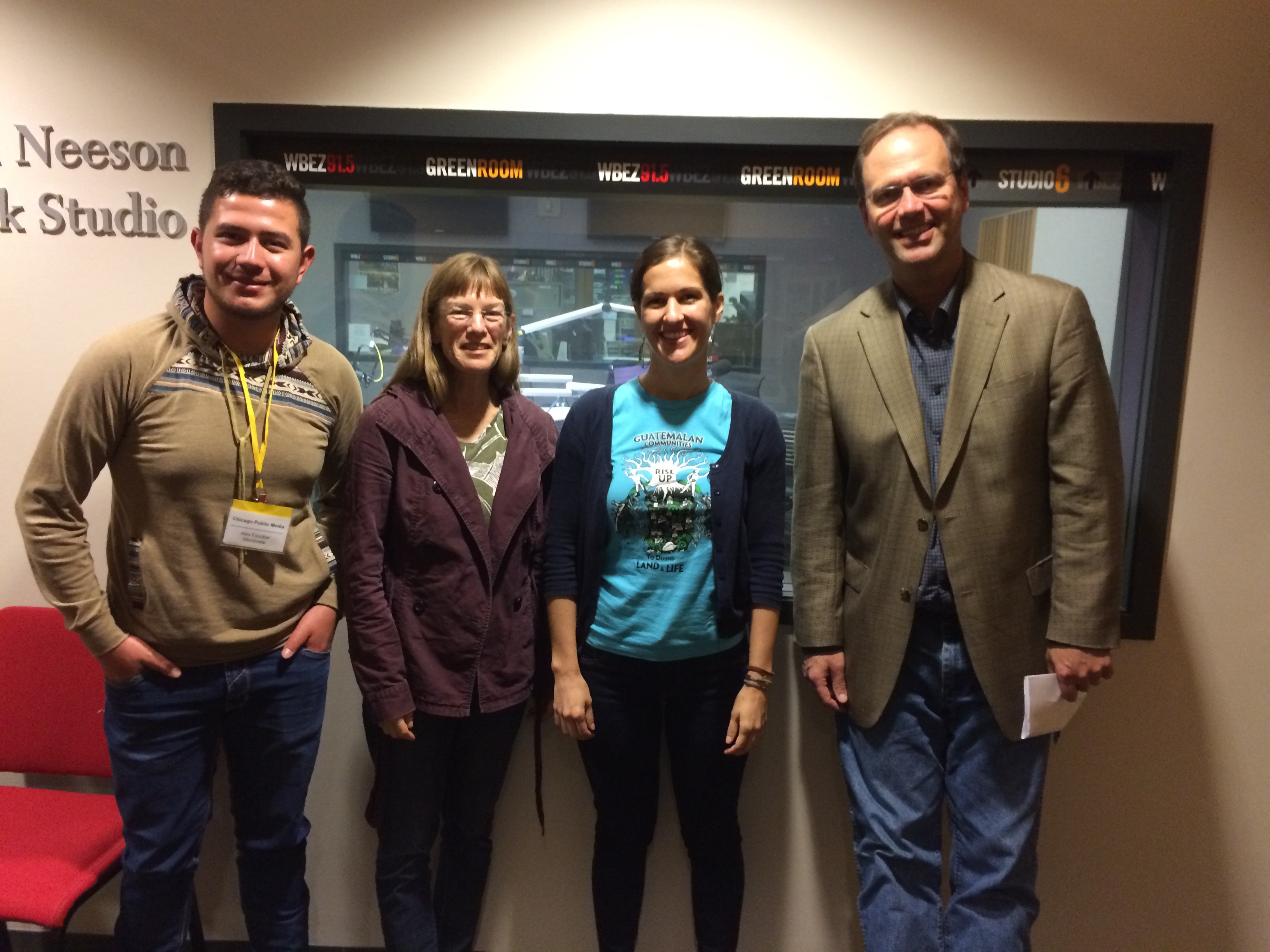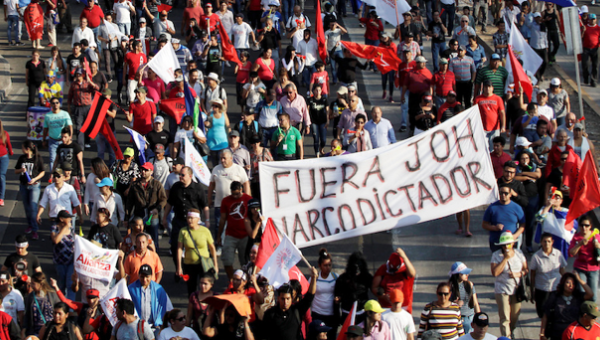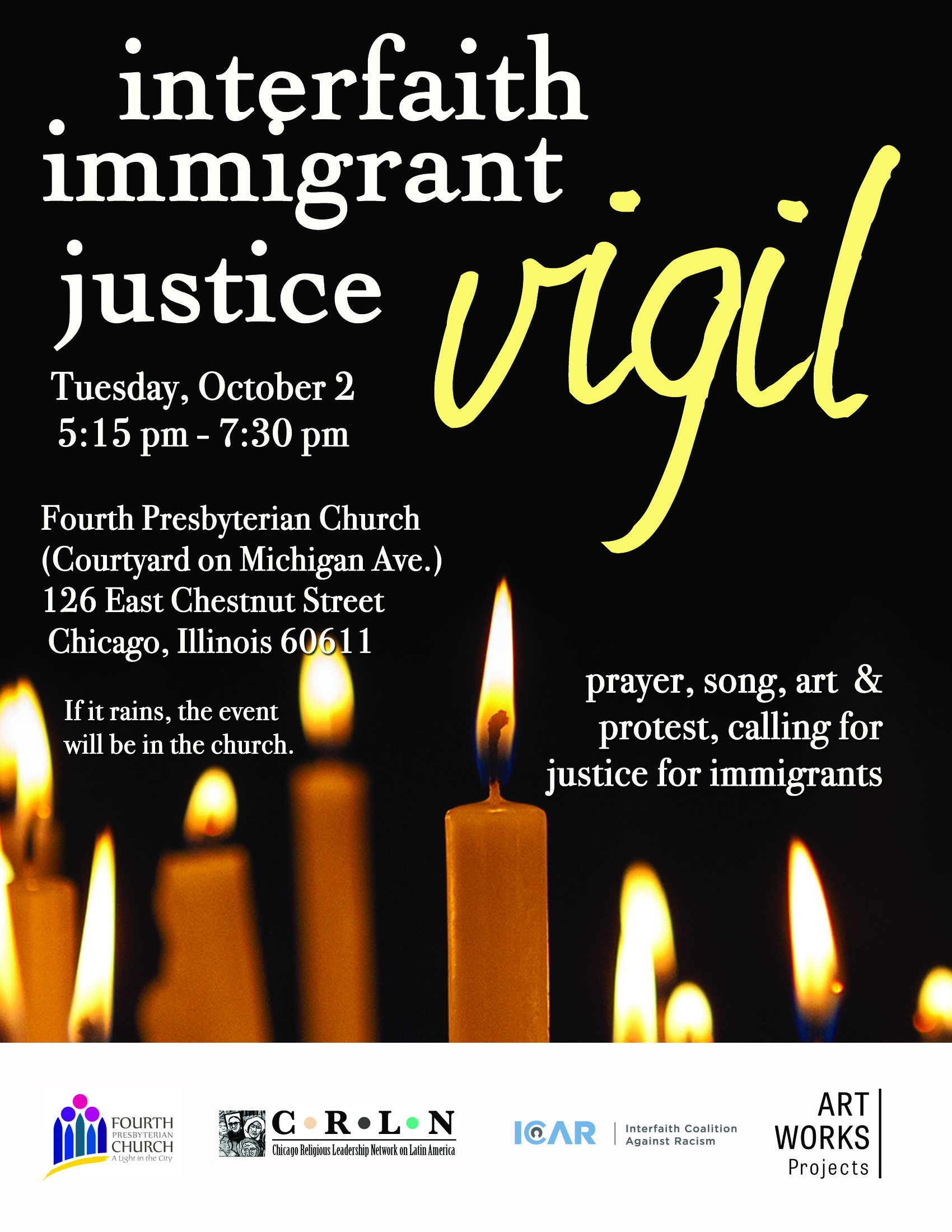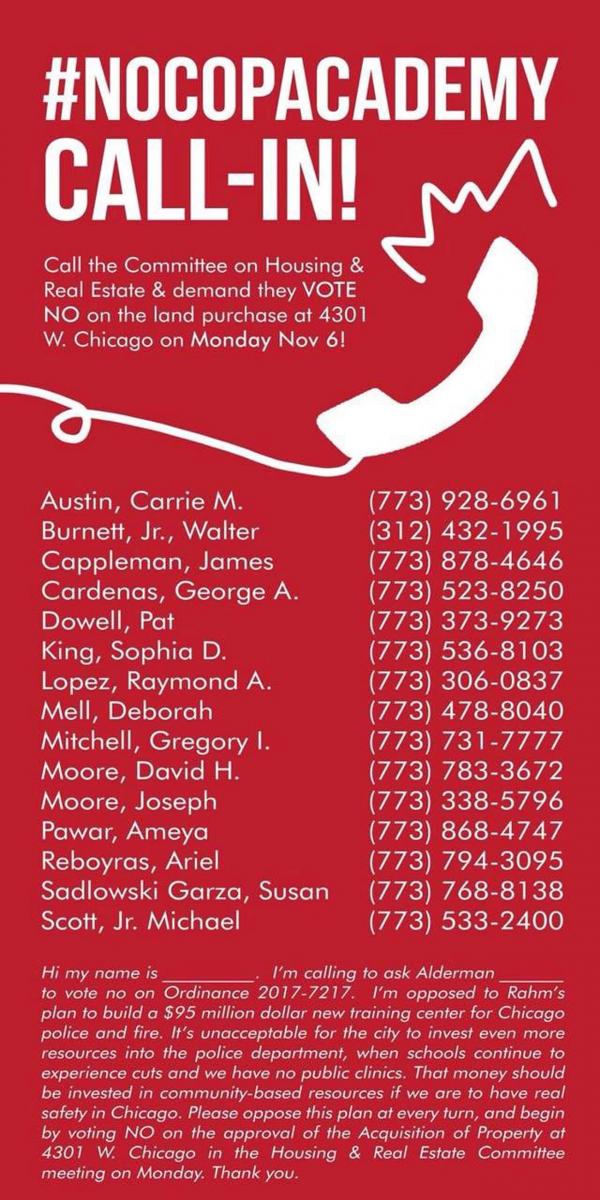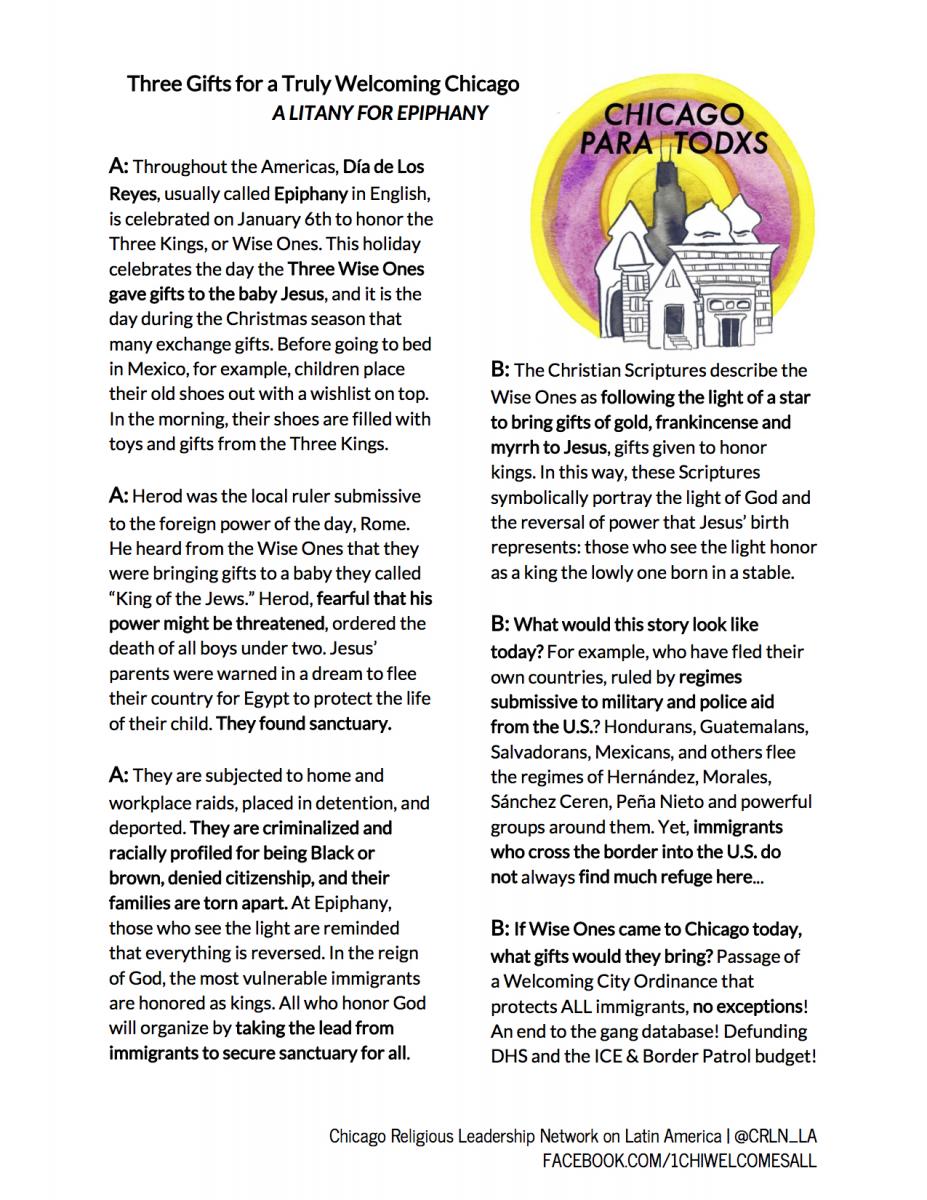CRLN has been trying to get co-sponsors on HR1945, the Berta Caceres Human Rights and Honduras Act. Representatives Rush, Lipinski, Garcia, Quigley, Danny Davis, Schakowsky, and Foster have already signed on. If your rep. has not signed on, please respond to the following action alert.
Currently, Honduras has erupted in reaction against calls for further privatization of health and education. Our friends at SOA Watch have issued a call to action and thorough report on the situation which we re-post here:
Take action: (From SOAW – complete article follows)
- If your Representativeis not a co-sponsor of HR 1945, which would suspend US security aid to Honduras, please ask him/her to do so. Call the Congressional Switchboard – 202-224-3121, ask for your Representative’s office, and then the foreign policy aide. Ask that the staffer request your Representative co-sponsor HR 1945, the Berta Caceres Human Rights in Honduras Act, and to let you know when they decide to do so.
- Call your Senators (Capitol Switchboard: 202- 224-3121) and ask them to oppose continued US backing of the Honduran regime and take the next opportunity to cut US military and security aid to Honduras.
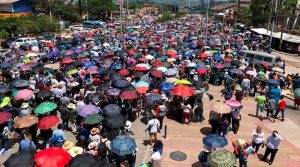
Since late April, teachers, doctors, and medical workers in Honduras have been demonstrating against the privatization of education and medical services. The demonstrations in defense of public education and health services have grown into massive and ongoing national mobilizations demanding the resignation of Honduran President Juan Orlando Hernandez.
US-backed economic policies – such as privatization policies promoted by the International Monetary Fund (IMF) – are at the heart of the current crisis in Honduras. Furthermore, it is US political, economic, and military backing of the Hernandez regime that enables him to maintain his grip on power. Honduran social movement leader Carlos H Reyes recently said, ”The United States government is too brazen in the case of Honduras, throwing a lifeline to a dying regime. If it were not for them, the regime would have already fallen.” With massive demonstrations ongoing against the regime, the US Embassy in Honduras recently announced the arrival of nearly 300 US Marines and others with the US Southern Command’s rapid response force to Honduras and surrounding countries. The US Marines will conduct ‘training and security cooperation’ with the Honduran security forces, which routinely fire live bullets at teachers and other civilians during demonstrations.
Read more about the US and IMF role in the current situation in Honduras here.
As Honduran economist Hugo Noé Pino and sociologist Eugenio Sosa wrote in a recent article: “The current conflictive situation in the education and health sectors in Honduras has its background in social policies since 2010. The budgets of both sectors have decreased during current decade. For example, spending on education by the central government was 32.9% of the total in 2010 and in the approved budget for 2019 it is 19.9%. Health spending was reduced from 14.3% to 9.7% in the same period.” Notably, this startling decline in education and health spending occurred following the 2009 coup d’etat carried out by SOA graduates. During this same period ‘security’ and defense spending have increased.
The situation in public hospitals is notoriously disastrous due to lack of equipment, medicine, and supplies. In fact, it is so bad that doctors report operating by the light of cell phones and there have been reports of newborn babies having to be placed in cardboard boxes or two per bassinet. There are schools that are falling down and in disrepair.
The dramatic reductions in social spending combined with the increased cost of living is one of the factors that leads thousands to leave Honduras in hopes of working in the United States. Ironically, the head of the IMF Mission that recently visited Honduras celebrated that Honduras’ GDP grew in 2018 ‘supported by private consumption, which was driven by an important growth of international remittances’. Indeed, there is no denying that the IMF and US-backed neoliberal policies of privatization and reducing public spending benefit the economic elite and result in migration of the general population, leading to increased remittances upon which the economy will increasingly be based. One must wonder if this is actually their unstated goal for improving the economy — make the situation so bad people leave and then they’ll send home remittances.
Another source of indignation is the corruption and criminal groups that pervade the Honduran government. President Hernandez’s brother, Tony Hernandez, was arrested by the US in 2018 and is currently awaiting trial in New York for drug trafficking. Court documents recently filed in that case revealed a US Drug Enforcement Agency investigation of President Hernandez and others close to him, including SOA graduate Security Minister Julian Pacheco. Numerous public corruption scandals have rocked the country, but Hernandez and his inner circle have remained untouched. Meanwhile, those who speak out and defend the rights of the population are shot at, criminalized, and threatened with death. Read more here.
Take action:
- If your Representative is not a co-sponsor of HR 1945, which would suspend US security aid to Honduras, please ask him/her to do so. Call the Congressional Switchboard – 202-224-3121, ask for your Representative’s office, and then the foreign policy aide. Ask that the staffer request your Representative co-sponsor HR 1945, the Berta Caceres Human Rights in Honduras Act, and to let you know when they decide to do so.
- Call your Senators (Capitol Switchboard: 202- 224-3121) and ask them to oppose continued US backing of the Honduran regime and take the next opportunity to cut US military and security aid to Honduras.
Thank you,
SOA Watch


